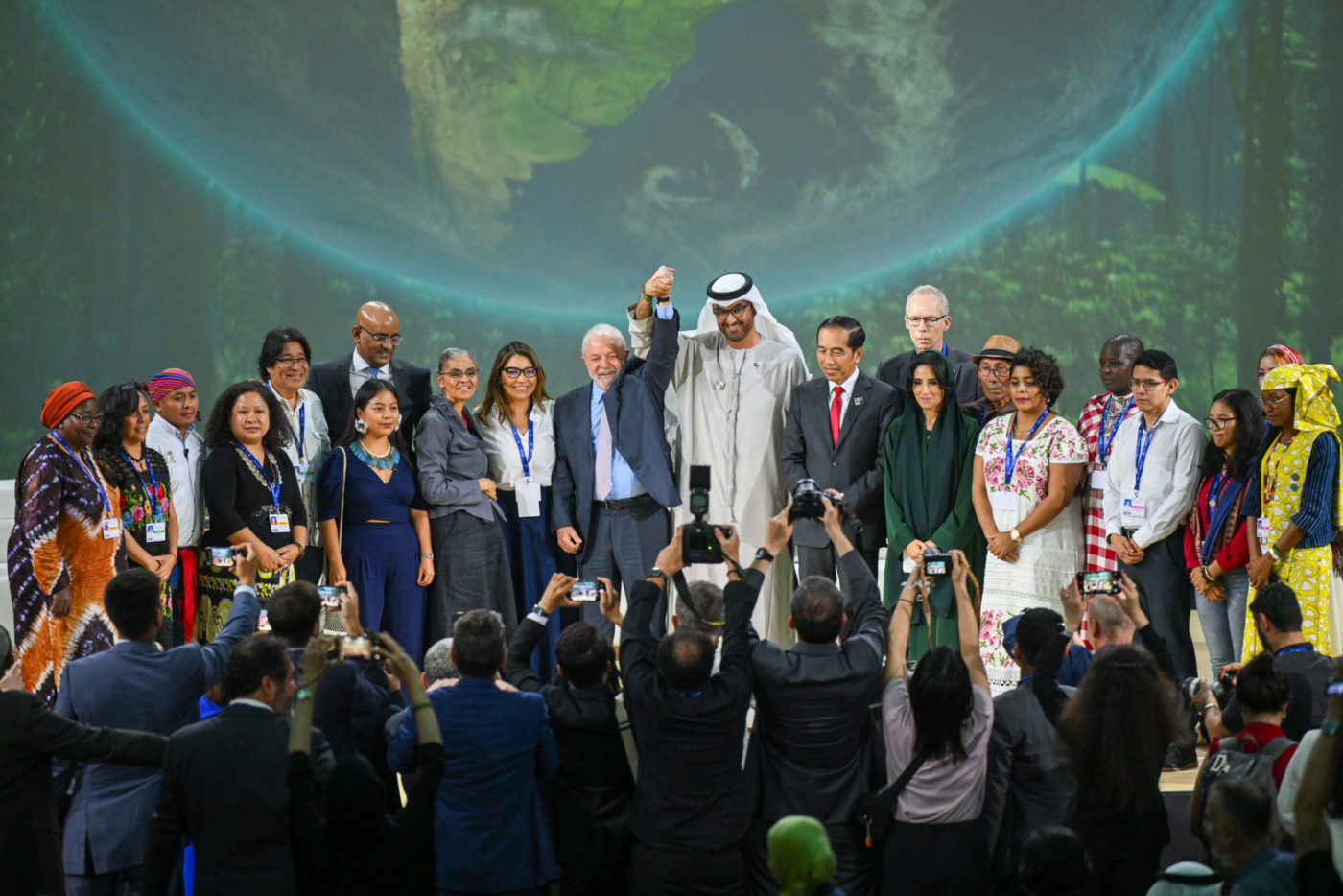Opening days of UN climate summit see ambition and ambivalence, with differences among region’s leaders on tackling emissions and climate crisis.
With nearly 100,000 attendees piling into a sprawling Dubai venue, the United Nations’ COP28 climate change summit has at times felt more like a World Cup or World Expo than the site of vital international negotiations. Nonetheless, governments, civil society and private sector representatives are all in town for two weeks of talks, looking to agree on ways to drive increased action on climate change.
For Latin America, the answers aren’t straightforward. The region contributes less than 10% of the world’s emissions, mostly from its energy sector, agriculture and land use change, and its leaders have presented differing visions at COP28 on how to reduce these releases, while largely agreeing on the need for more climate finance from developed countries.
The presidents of two of Latin America’s largest economies, Brazil’s Luiz Inácio Lula da Silva and Colombia’s Gustavo Petro, both used their addresses at the summit’s opening to state their commitment to climate action, but claimed a lesser responsibility than developed countries – calls echoed by Paraguay’s Santiago Peña and Honduras’ Xiomara Castro, plus Bolivian vice-president David Choquehuanca.
“I come as a representative of the people of the global south, historically colonised and the main providers of resources for the rest of the world. We are facing the worst consequences of the climate crisis while the world’s most powerful individuals make plans to escape to other planets, leaving behind a devastated planet,” Castro said.
Read more: dialogochino.net
Photo: dialogochino.net


Leave a Reply